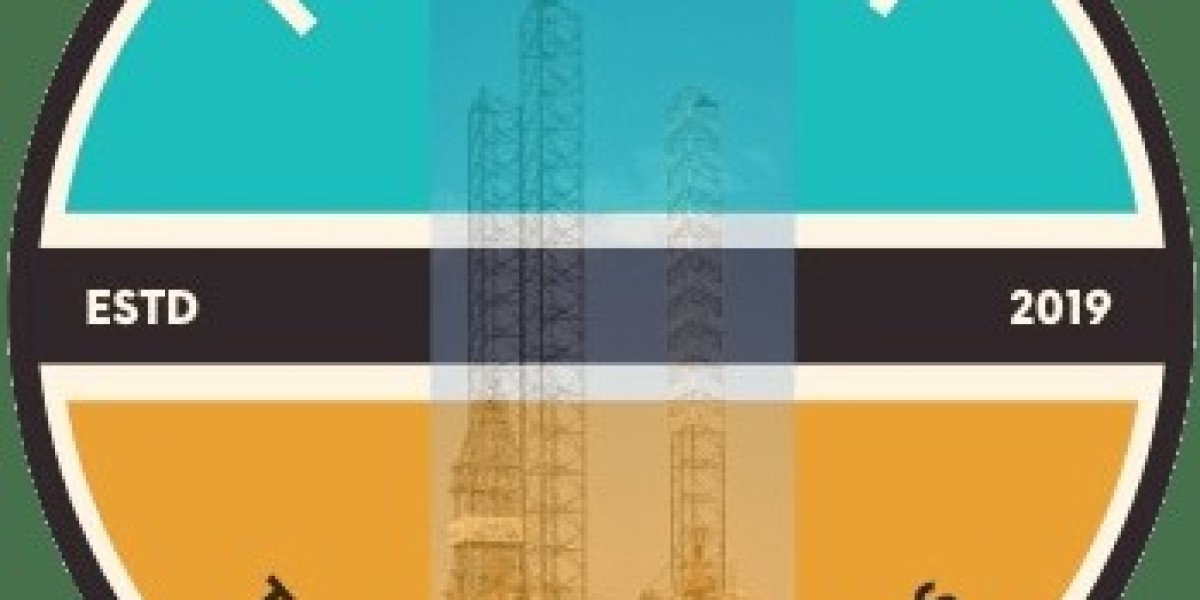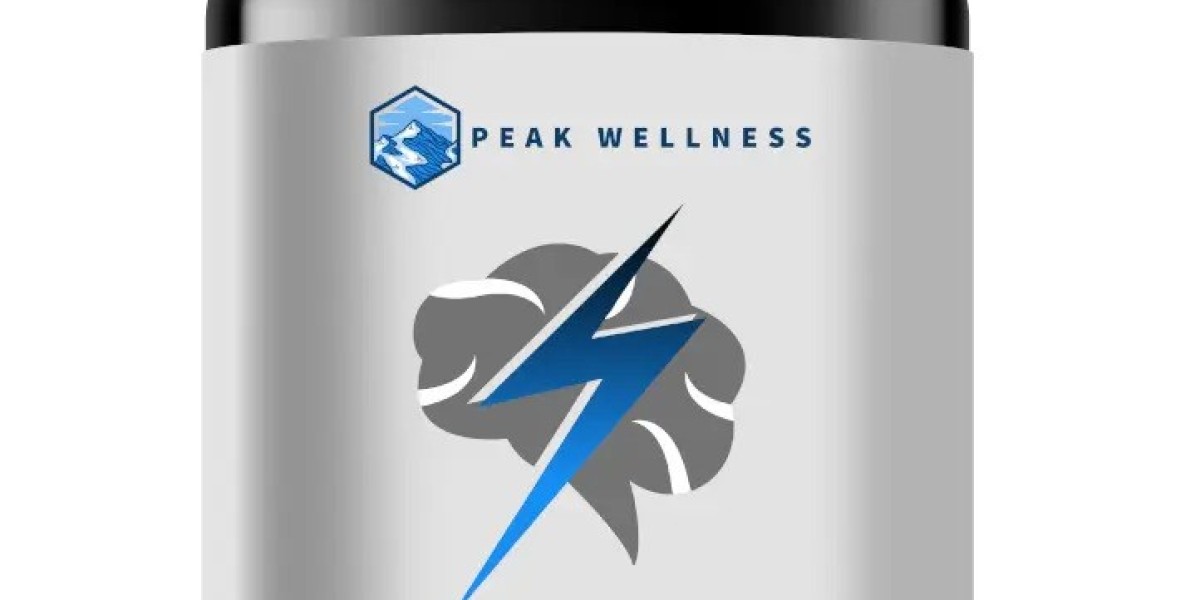Pursuing a career as a petroleum engineer can be highly rewarding, offering opportunities to work in a dynamic and essential industry. The pathway to becoming a how to become a petroleum engineer involves several key steps, from obtaining the necessary education to gaining practical experience and developing specialized skills. Here is a comprehensive guide to help you navigate this career path effectively.
Step 1: Obtain a Strong Educational Foundation
1. ** High School Preparation:
Begin by focusing on subjects like mathematics, physics, chemistry, and computer science during high school. These subjects form the basis of the technical knowledge required in petroleum engineering.
2. ** Bachelor’s Degree:
Enroll in an accredited university to pursue a Bachelor of Science in Petroleum Engineering. This program typically covers fundamental topics such as thermodynamics, fluid mechanics, geology, and reservoir engineering. Universities like Texas A&M University, Stanford University, and the Colorado School of Mines are renowned for their petroleum engineering programs.
3. ** Accreditation:
Ensure that the engineering program you choose is accredited by a recognized body such as the Accreditation Board for Engineering and Technology (ABET) in the United States. Accreditation ensures that the education you receive meets industry standards.
Step 2: Gain Practical Experience
1. ** Internships:
Participate in internships during your undergraduate studies. Internships provide hands-on experience and exposure to real-world challenges in the petroleum industry. They also offer opportunities to network with professionals and potentially secure job offers upon graduation.
2. ** Cooperative Education Programs:
Consider enrolling in cooperative education (co-op) programs offered by some universities. Co-op programs alternate periods of academic study with periods of full-time employment, giving you valuable industry experience while still in school.
Step 3: Build a Strong Professional Network
1. ** Networking Events:
Attend industry-specific events, conferences, and seminars to meet professionals, potential mentors, and industry leaders. These events provide platforms to introduce yourself, express interest, and exchange contact information.
2. ** Online Platforms:
Utilize professional networking sites like LinkedIn to connect with industry professionals. Join relevant groups and participate in discussions to stay informed about the latest developments in the field and enhance your visibility.
3. ** Alumni Connections:
Tap into alumni networks from your educational institution. Alumni can offer guidance and advice based on their own experiences in the petroleum engineering field.
Step 4: Develop Specialized Skills and Technologies
1. ** Identify Specializations:
Determine your area of interest within petroleum engineering, such as reservoir engineering, drilling engineering, or production engineering. Focus on developing expertise in that specific domain.
2. ** Stay Informed:
Stay updated on the latest technologies and methodologies in the industry. Familiarize yourself with tools like reservoir simulation software, drilling optimization tools, and production monitoring systems.
3. ** Certifications:
Consider obtaining industry-recognized certifications from organizations such as the Society of Petroleum Engineers (SPE). Certifications validate your skills and enhance your professional standing.
4. ** Hands-On Training:
Participate in training programs and workshops that provide practical experience with industry-specific tools and technologies. Many institutions and organizations offer training sessions to keep professionals updated on the latest advancements.
Step 5: Master Effective Communication and Collaboration
1. ** Communication Skills:
Develop strong written and verbal communication skills to articulate complex technical details clearly. This is essential for writing reports, giving presentations, and participating in team discussions.
2. ** Teamwork:
Cultivate the ability to work collaboratively with professionals from various disciplines. Effective teamwork is crucial for successful project execution in petroleum engineering.
3. ** Leadership:
Develop leadership qualities such as initiative, accountability, and the ability to motivate others. These skills are important as you advance in your career and take on more responsibility.
Step 6: Gain Practical Experience through International Projects
1. ** International Opportunities:
Seek opportunities to work on internationally recognized projects. This experience broadens your perspective on the diverse challenges and innovations within the petroleum industry.
2. ** Global Research Initiatives:
Participate in international research initiatives that align with your interests. Collaborating with experts from different cultural backgrounds enriches your professional experience.
3. ** Exposure to Diverse Practices:
Engage in projects that expose you to diverse operational practices. This enhances your adaptability and problem-solving skills, making you a more versatile engineer.
Step 7: Pursue Advanced Education and Continuous Learning
1. ** Graduate Studies:
Consider pursuing a Master’s or Ph.D. in Petroleum Engineering or a related field. Advanced degrees can open doors to higher-level positions and specialized roles in research and academia.
2. ** Continuous Learning:
Maintain a continuous learning mindset by attending workshops, webinars, and training sessions regularly. Staying abreast of emerging technologies and industry trends is essential in this rapidly evolving field.
Conclusion
Becoming a petroleum engineer requires a combination of formal education, practical experience, and the development of specialized skills. By following these steps and actively seeking opportunities for growth and learning, you can build a successful and fulfilling career in petroleum engineering.
For more detailed guidance and resources, visit PetroPartners (Petroleum Training Partners) (Petroleum Training Partners) (Petroleum Training Partners).









